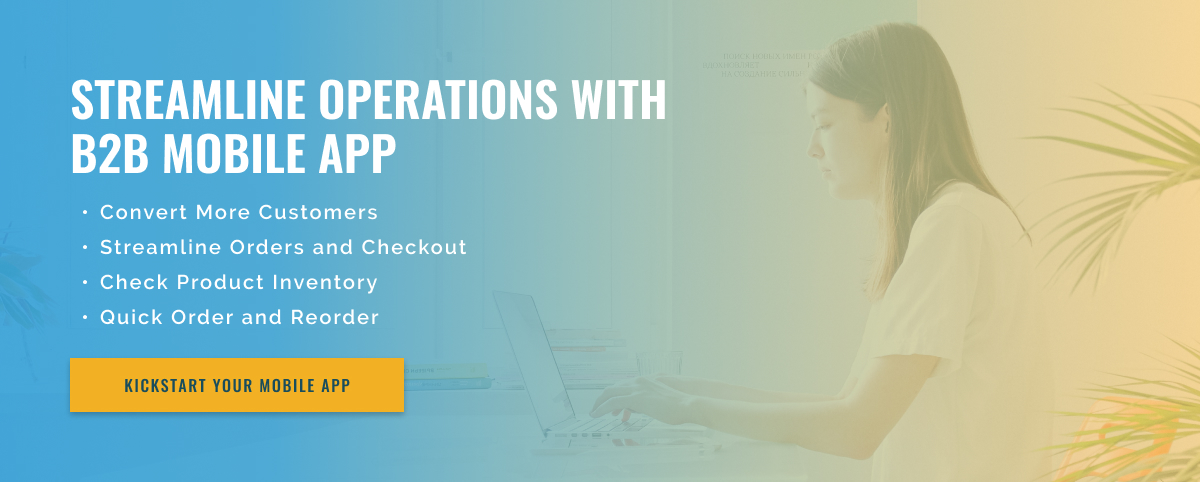3 minute read
Leveraging AI in B2B Mobile Apps
In the age of advanced technology and constant connectivity, companies must adapt and leverage mobile applications in their operations. B2B (business-to-business) mobile apps have gained significant popularity over the years because they provide companies with a convenient and efficient platform to communicate and transact with partners and customers. With the rapid development of artificial intelligence (artificial intelligence), companies have begun to explore the possibility of integrating it with mobile applications to increase its functionality and improve the user experience.
How can B2B mobile apps leverage AI to improve functionality?
1. Personalized User Experience: AI-powered mobile apps have the ability to analyze user behavior, preferences, and patterns to provide users with personalized and relevant content. This can be very beneficial for B2B companies that serve a wide range of customers and partners. By understanding their individual needs and preferences, the app can provide a tailored experience, making it easier for them to find the information they need and complete transactions.
2. Effective customer service: B2B companies often deal with a large number of customer questions and support requests. AI-powered chatbots can be integrated with mobile applications to handle these queries and provide instant responses. This not only saves companies time and resources, but also improves customer satisfaction by providing quick and accurate solutions to their problems.
3. Predictive Analytics: AI algorithms can be used to analyze big data from various sources and provide valuable information such as sales forecasts, consumer trends and market trends. With this information at their fingertips, companies can make data-driven decisions and stay ahead of the competition. This can also help them identify potential opportunities for development and improvement.
4. Fraud Detection: AI-based fraud detection algorithms can be incorporated into B2B mobile applications to prevent fraud and protect confidential information. These algorithms can detect unusual or suspicious activities and flag them for further investigation, minimizing the risk of financial and reputational losses for companies.
5. Improved Supply Chain Management: B2B companies often have complex supply chain networks spanning multiple partners and suppliers. AI-powered mobile apps can help streamline this process by forecasting demand, optimizing inventory levels, and automatically placing orders when necessary. This reduces the risk of errors and delays, ultimately improving supply chain efficiency and reliability.

